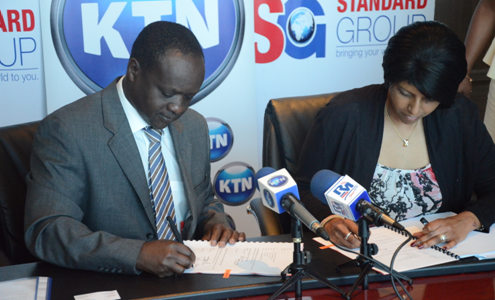Governance and national planning

National plans, policies, institutions and budgets are where governments begin to translate commitments to women into practical progress towards gender equality. Too often, however, they overlook measures to ensure that public services respond to women’s needs and priorities.
Viewing these dimensions of governance through a gender equality lens means putting aside the conventional assumption that they are gender-neutral. It entails comprehensively assessing gender gaps and identifying actions to close them. Changes to promote gender equality need to be backed by adequate funds, and systematically monitored for progress in reducing gender discrimination.
In Africa, UN Women focuses on providing technical and policy advisory services, developing capacity of regional institutions and Governments in gender responsive governance and development planning and implementation including budgeting processes. This involves making a case for gender equality and women empowerment e.g. through cost of the gender gap studies and incorporating gender equality and women empowerment into Government Performance Contracts and overall performance management system as way to enhance enforcement and implementation of national gender-responsive policies and strategies.
While the Ministry of Gender is our interlocutor, we engage as well with key cross-sectoral ministries which have a coordination mandate such as Finance and Planning, Prime Minister’s Office, Local Government and sector ministries such as Agriculture, Industry, Trade and Mines, Education and Health.